Whatever we do we can always get better. This involves exploring the edges of our knowledge and having the courage to embrace our ignorance. In the context of a social learning space this involves engaging uncertainty.
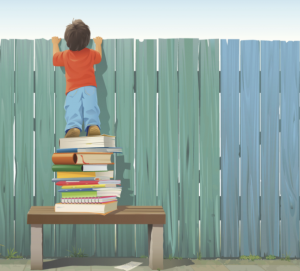
Last month we talked about caring to make a difference as one of the three key dimensions of participation that generate a social learning space. Engaging our uncertainty flows from the tension between the difference we are hoping to make and the gaps in knowing how to get there. It is the mutual engagement of our uncertainties that creates the space for learning.
Participants call on and engage in each-others’ uncertainty in a way that enables them to deepen their understanding or create something new. They come to the space prepared to be vulnerable and participate from where their knowledge tapers off.
This is not to say we should not contribute our knowledge and experience in a social learning setting. Our collective input can contribute to new learning. However, it cannot be the driver for coming together to learn. We learn with each other by seeking answers to the uncertainties we share or create together. There is always the danger that someone who believes they already have the answers will fill the learning space rather than allowing mutual enquiry to happen. The Wegner-Trayners refer to these people as ‘intruders’ however well-meaning their intentions might be.
The Wegner-Trayners also point out that, as practitioners, we often encounter situations where we are required to make decisions when we may not have all the information we need. They observe, “In practice, being very good at what you do means, more often than not, functioning productively under conditions of uncertainty.”
Mutual engagement of uncertainty requires deep listening and designing insightful questions. A useful framework, that might help in question design, comes from the work of Marlys Witte and Ann Kerwin, at the University of Arizona School of Medicine, called Fields of Ignorance. Their ‘Map of Ignorance’ has four quadrants:
- The things we know we don’t know
- The things we don’t know we don’t know
- The things we think we know but don’t
- The things we don’t think we know but we do
We suggest using these quadrants as a basis for enquiry can be useful in both unearthing our mutual uncertainties and challenging (as well as sometimes deepening) our collective current knowledge.
As facilitators, we increasingly come to the realisation that our work involves helping people to design the questions that will enable them to grow and learn together around an area of mutual interest. The value they derive from this interaction is what sustains their participation. For example, since 2014 Mary has been working with groups of leaders in Education. They use similar tools and processes, however each of their contexts and cultures are unique. They were coming together annually for a day and found the richness of learning they had in that day was so valuable. They wanted more. They asked to meet quarterly for a facilitated session of around 4 hours to bring their unique learning and develop thinking and ideas to make a difference in their own settings. The group has grown in strength and depth over time. Although some new people have joined and others moved away, the driver is the learning. The speed with which they engage and get to the learning is instant. Here is a social learning space that has developed, grown and morphed over time and still the participants come back.
Remain curious and learn
The Bats Team
Acknowledgement: This series of blogs is inspired by our study with Etienne and Bev Wegner-Trayner based around their latest book, Learning to make a difference.
https://www.yourvisionyourfuture.co.nz/2021/03/02/learning-to-make-a-difference/

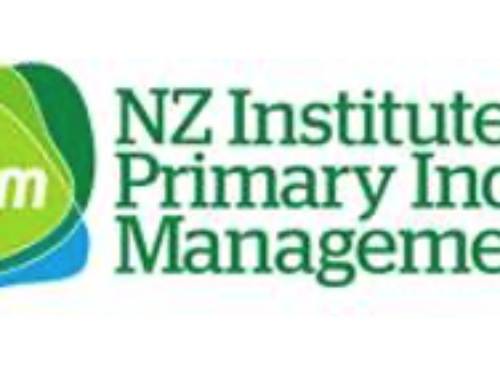
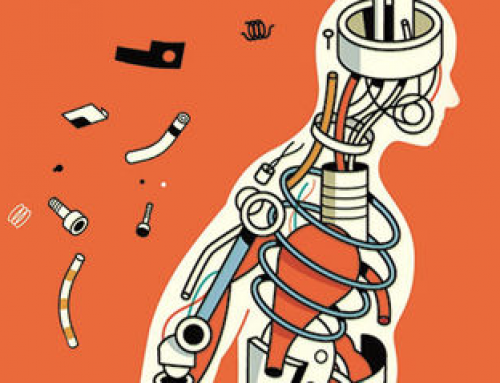
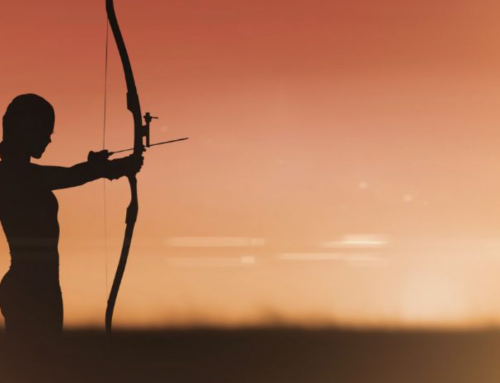
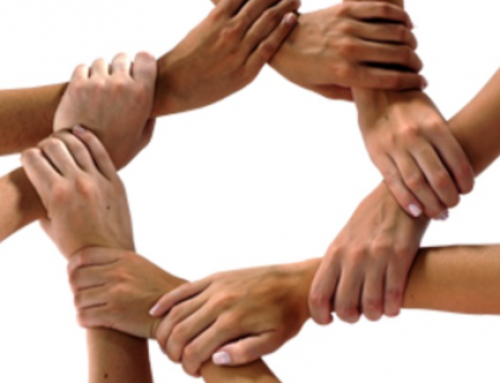

Leave A Comment